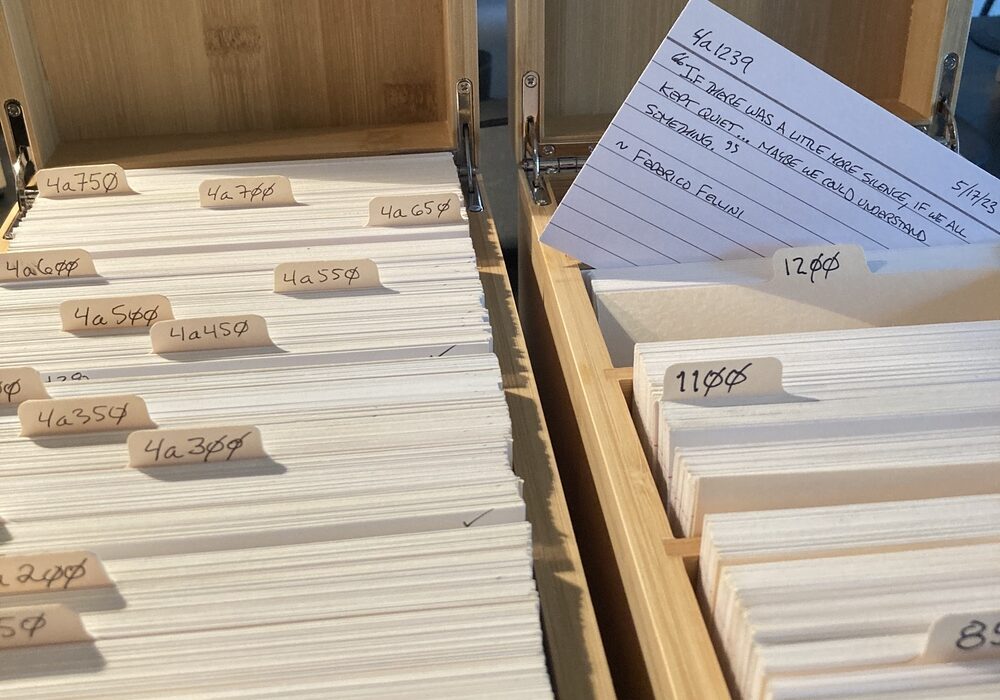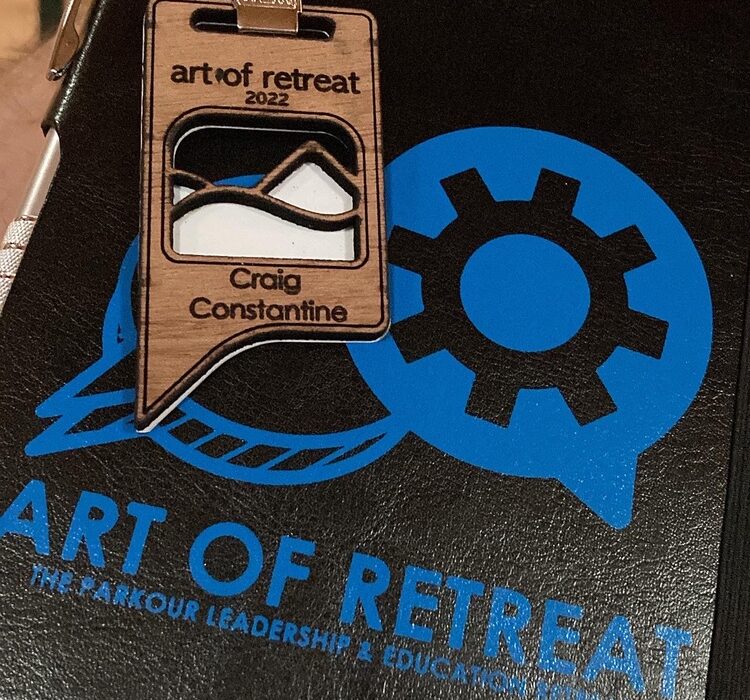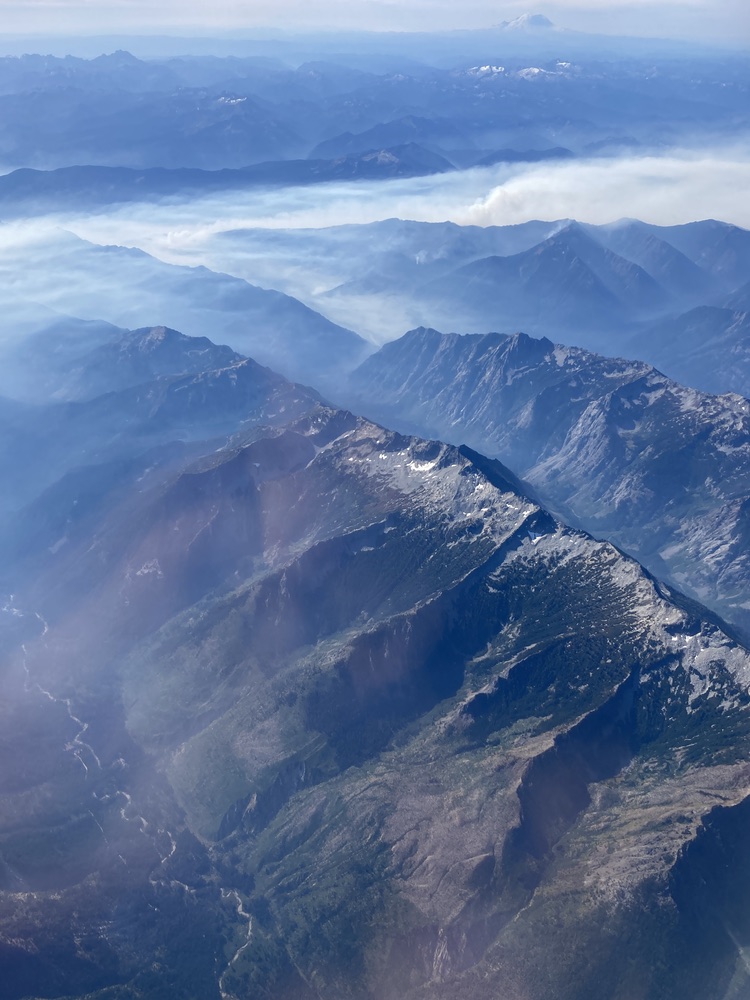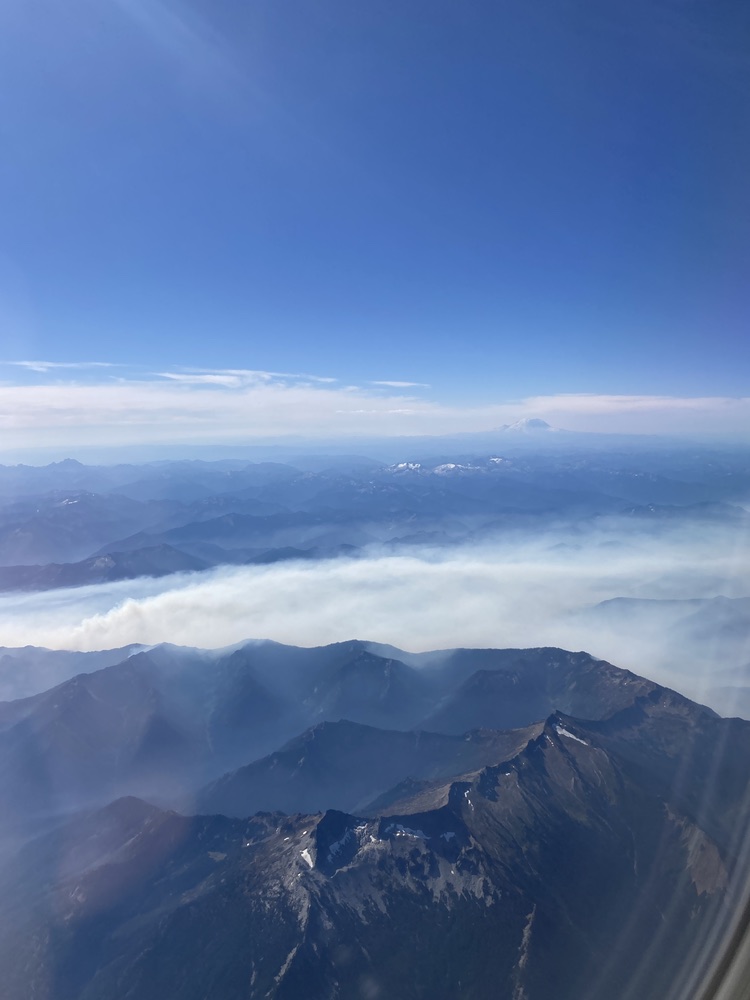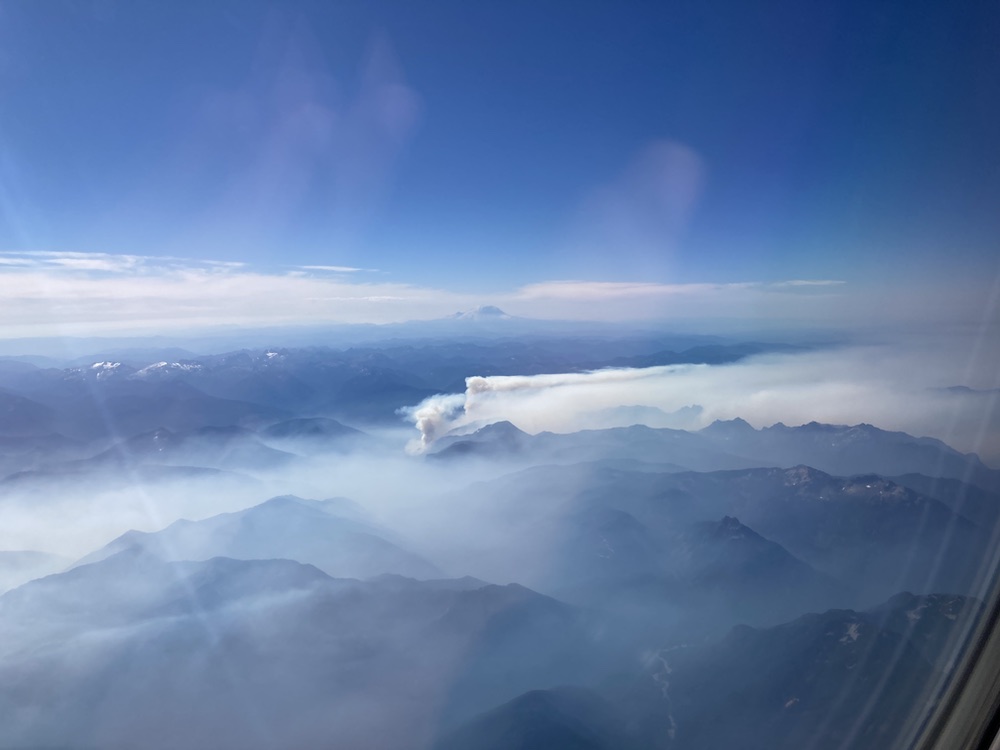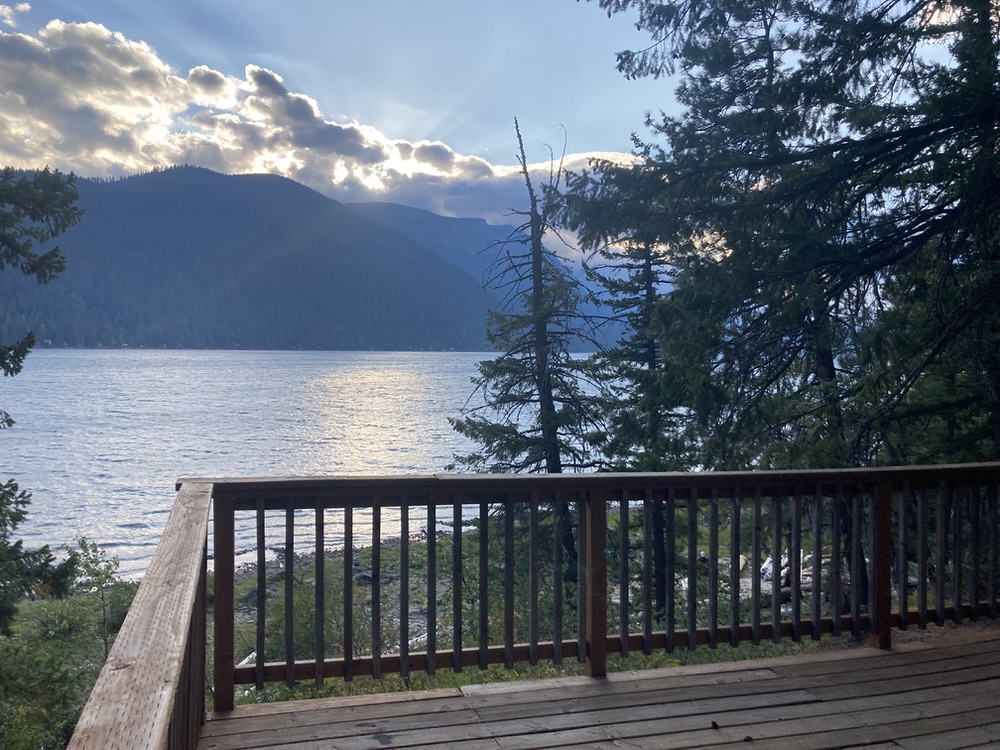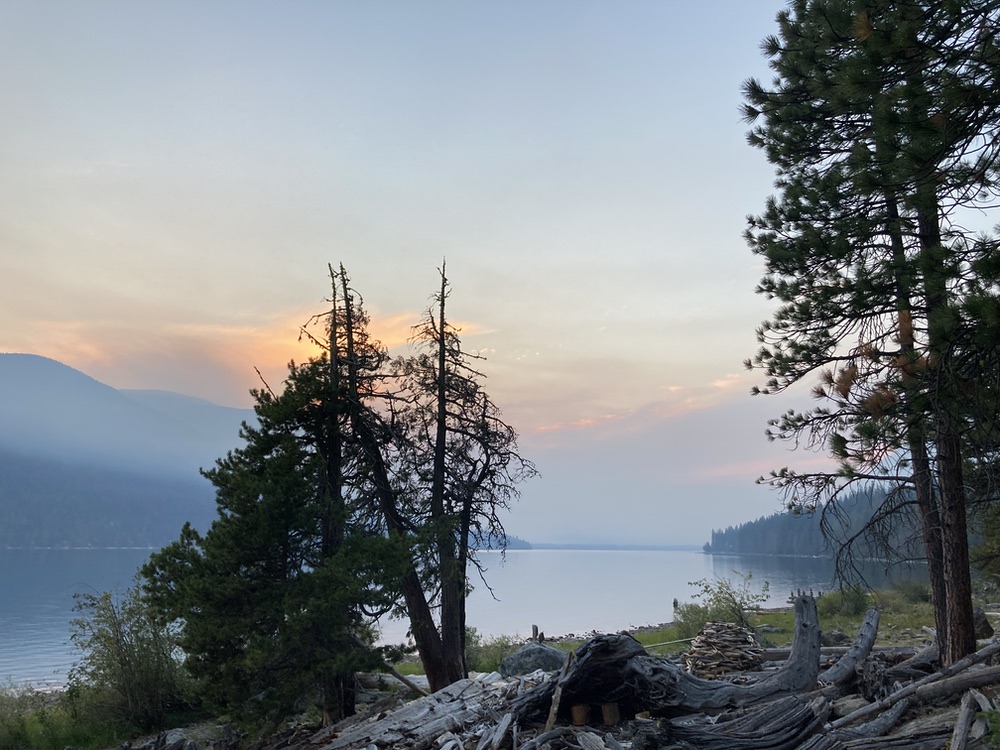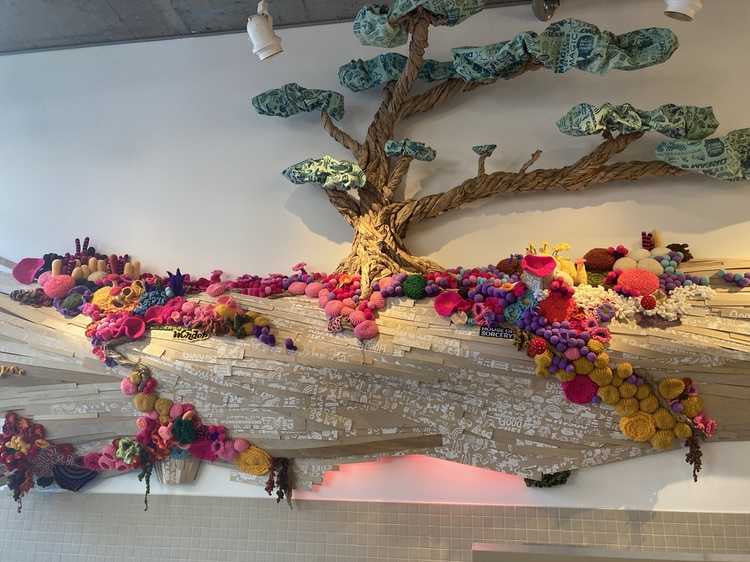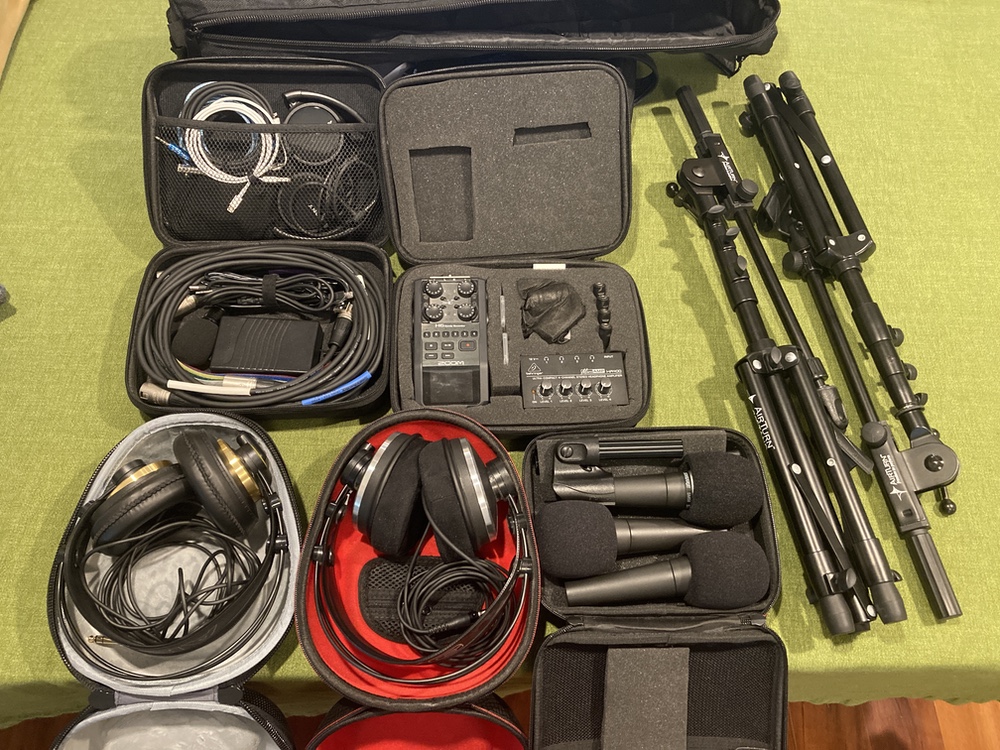Back in 2018 I traveled to an event at Gerlev in Denmark. I gave a brief presentation one morning explaining the Movers Mindset podcast. The other day, I stumbled over my notes, and felt this was worth a fresh posting.
When we move through the world we can move in an ordinary or an extraordinary way. Ordinary movement is easy; it follows established paths; and it is boring. Extraordinary movement requires excellence, knowledge, and independence. When I talk about movement, I am talking about extraordinary movement because it is much more interesting. Movement—whether that is Parkour, ADD, Freerunning—is a celebration of freedom in the context of an unforgiving reality that cannot be ignored.
These ideas form the foundation of movement: Pay attention to reality, learn as much as you can and practice. With parkour–as with just about everything in this world–the true beauty of the practice can be fully appreciated only by taking a deeper dive into it. This means we have to understand not just the physical aspects of movement but the mental and philosophical basis for movement.
As a mastery discipline—something that can be practiced for a lifetime with continued improvement—movement focuses more on the journey than the destination. Understanding the values, interests, and challenges in the minds of the best practitioners is the best way of showing the path of movement in a meaningful and accessible way. Our podcast, with its audio format and transcripts, naturally emphasizes the mental and psychological aspects of movement.
The podcast brings out the more intellectual elements of movement. My goal is to emphasize the value that movement and movers create and develop through their practice. In pushing the limits of human potential, movers demonstrate objectively that such achievements are possible. Since the physical aspects of practice can be directly observed through images and videos, the visible part is already well covered. But I believe the mental aspect is where the real magic happens, and it is less well covered because it is not spectacular. Video will grab your attention, excite you and may even get you to try some new things, but to get really good at movement you need a deep understanding.
When you listen to the podcasts, I hope you will notice a distinct difference in our approach. Our goal is always to show the guest in the best possible light. We aim to illuminate and showcase their values, ideas, and principles in a way that makes them accessible and relevant to the listener while showing the proper respect for their achievements. Each interview is a collaborative effort with that guest. Our shared goal is to clearly communicate ideas that will be useful to each listener in the context of their personal journey of exploration.
Yogis, martial artists and chess masters often describe how much they’ve learned about life from in-depth practice and mastery in their disciplines. We hear similar sentiments from musicians, sculptors, painters, hunters, and chefs. Movement as a mastery discipline is no different. A big part of its value comes from the lessons it teaches us about life and reality. Knowing your own strengths and limitations is critical. Reality is unforgiving. Physics always works and is important. You cannot fake competence. Courage is required to overcome self-imposed limitations. The list of lessons is limited only by our ability to think and to understand movement.
I am passionate about creating and promoting rational discussion. I am passionate about sharing others’ stories, wisdom, insights, accomplishments, goals, visions and delusions. Describing and illuminating the ideas behind extraordinary movement and human exceptionalism can help us all to improve our experience and appreciate the richness and beauty of life.
ɕ
